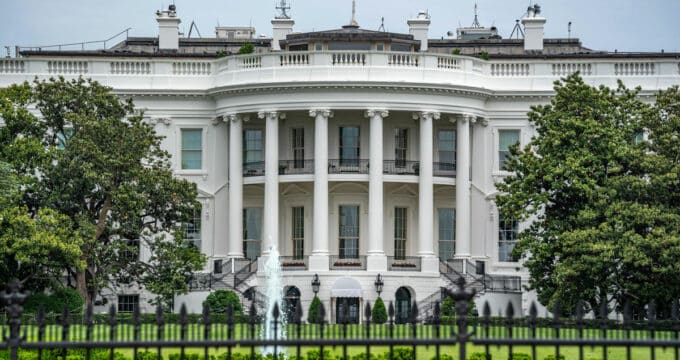New Zealand to reopen borders in April 2022
- After more than two years of border closures, New Zealand will reopen to fully vaccinated foreign travellers beginning 30 April 2022
- Fully vaccinated arrivals to the country will still be asked to undertake a seven-day isolation period, with pre- and post-arrival testing also required
New Zealand's COVID-19 Response Minister, Chris Hipkins, announced today that the country's borders would reopen to international travellers in 2022. Fully vaccinated New Zealand citizens – along with residence-class visa holders – will be able to enter New Zealand without undertaking a period of managed isolation and quarantine (MIQ) as of 16 January 2022.
Following a phased reopening of the country's borders (for returning citizens and residents) over January and February, fully vaccinated foreign travellers will be able to enter New Zealand from 30 April 2022 onwards. The Minister's announcement leaves room for the possibility that that wider opening in April 2022 could possibly be "staged by visa category" but no further details are available at this time.
Minister Hipkins explained as well that even fully vaccinated travellers entering New Zealand will still be obliged to follow some quarantine and testing requirements under this new plan. More specifically, each will require:
- a negative pre-departure test
- proof of being fully vaccinated
- a passenger declaration of travel history
- an arrival test
- a requirement to self-isolate for seven days, and
- a final negative test (at the end of the prescribed isolation period) before entering the community
“We always said we’d open in a controlled way," said the Minister. "Retaining a seven-day isolate at home period for fully vaccinated travellers is an important phase in the reconnecting strategy to provide continued safety assurance. These settings will continue to be reviewed against the risk posed by travellers entering New Zealand."
The government also announced this week an expected easing of the countries currently listed on its "very high risk" country category. Travel from countries on that list is essentially forbidden, with the exception of New Zealand citizens and their dependents.
A 24 November statement from the government indicates that, "The Very High-Risk classification for Indonesia, Fiji, India, Pakistan and Brazil is to be removed in early December and travellers from these countries will be able to enter New Zealand on the same basis as travellers from most other countries." This will mean that only Papua New Guinea will remain classed as a "very high risk" country for New Zealand after those anticipated changes to the list in December.
New Zealand's borders have been essentially closed to international travel since the start of the pandemic in March 2020, and the planned reopening in April 2022 will come just over two years from the initial shutdown of international travel in and out of the country.
For additional background, please see:
Most Recent
-
ICEF Podcast: Together for transparency – Building global standards for ethical international student recruitment Read More
-
New analysis sounds a note of caution for UK immigration reforms Read More
-
The number of students in higher education abroad has more than tripled since the turn of the century Read More
















